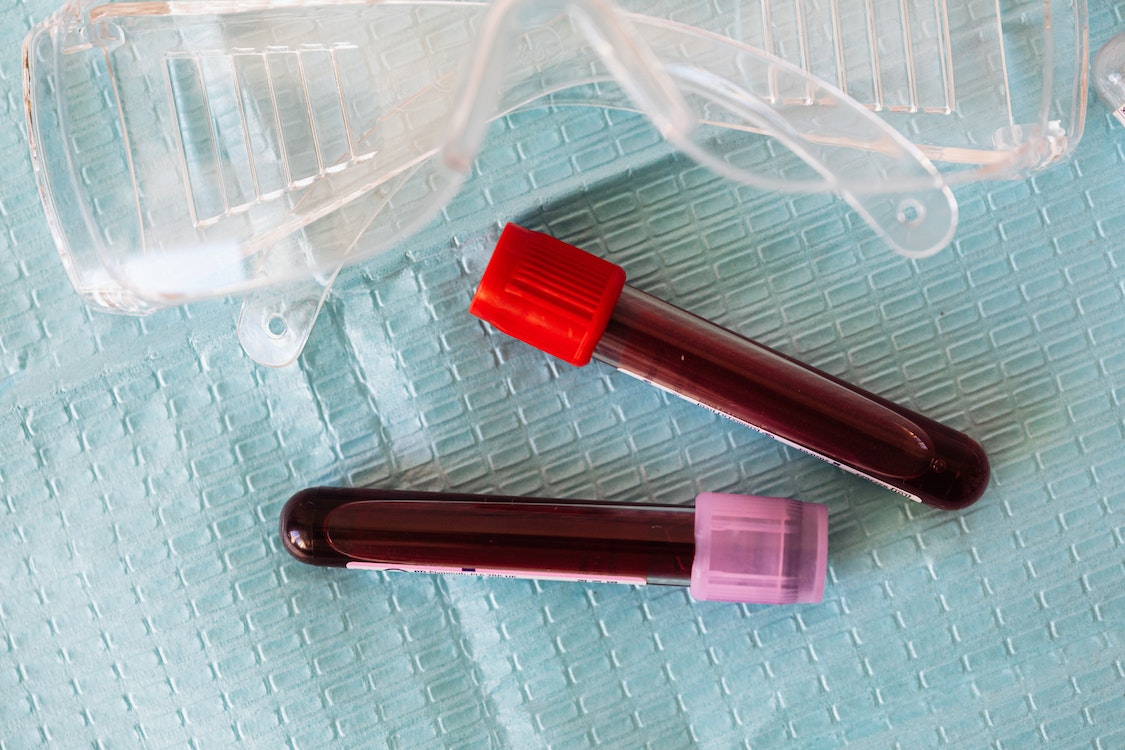A person’s blood flow is a vital factor in the health of the body. For this reason, it is important to know about alternative therapies that can be used to help increase the flow of blood. These five treatments, which are based on the use of a variety of natural herbs, can have a dramatic effect on the way the body functions.
Manipulative and body-based therapies
Manipulative and body based therapies to improve blood flow are a dime a dozen these days. This trend has spawned an entire sub industry dubbed “CAM”, short for complementary and alternative medicine, a fancy schmancy term for the myriad of unconventional treatments for ailments ranging from the common cold to cancer. Despite the plethora of options, the jury is still out on the best approach to treating a plethora of medical conditions. Moreover, the cost of such treatments can be prohibitive for those who do not have the resources to invest in such treatments. To combat this, a growing number of insurers and healthcare providers have swooped in to make treatments more affordable.
One of the more interesting CAMs is muscle energy therapy, which has garnered a lot of hype amongst healthcare professionals. Among other things, it’s able to increase the range of motion in the oh so tight muscles a patient may have. It also helps to reduce the pain a patient is likely to experience. Using such techniques may also alleviate the symptoms of stress. Gainswave therapy is also a worthy option to consider which can be done by a Gainswave Clinic in Tarpon Springs FL. Nevertheless, a growing number of CAMs are not for the faint of heart. Moreover, many CAMs are incompatible with many healthcare systems. In this regard, it’s a good idea to consult a CAM specialist before signing on the dotted line.
Omega-3 fatty acids

Omega-3 fatty acids have many benefits, including their role in heart health. They can help to lower blood pressure, increase HDL cholesterol, and reduce triglycerides. However, they can also interfere with medications, so people with certain lipid disorders should consult their physician before using them.
A good source of omega-3 fatty acids is oily fish. The American Heart Association recommends two servings of fish per week. Some experts are concerned about eating fish from farms, because they may be raised with antibiotics and pesticides.
In addition to eating oily fish, a person can obtain omega-3 fatty acids from foods such as nuts, flaxseed, and vegetable oils. It is also possible to get these nutrients from dietary supplements.
Although these products provide the same benefits, there are differences in the way they are manufactured and the purity of the ingredients. Taking a supplement can be helpful for patients who cannot consume fish.
People who have high triglycerides are at greater risk for stroke and heart disease. Adding more omega-3 fatty acids to your diet can decrease these levels. If you have high triglycerides, talk to your physician before you begin taking an omega-3 supplement.
The main omega-3 fatty acids are ALA and DHA. Both can be found in plant sources, but ALA is more common.
EPA is the long chain form of the omega-3 fatty acid. It can be produced from ALA. These substances have numerous beneficial effects, including decreased CVD risks, reducing arterial stiffness, and improving bone metabolism.
For example, DHA has been shown to prevent ischemic stroke. Moreover, DHA and EPA are essential for healthy lipid metabolism and cell membrane function. Despite the benefits of omega-3 fatty acids, current research has not proven that they have a beneficial effect on patients with specific conditions.
Research on the use of dietary supplements for the treatment of heart conditions is ongoing. Some of the findings may be due to variations in the methods used to study them. Consumers should be aware that these products are not subject to the same government regulations as prescription drugs.
Cayenne pepper
Cayenne pepper is a powerful anti-inflammatory spice. It helps to improve heart health, boost immunity, and relieve rheumatoid arthritis, osteoarthritis, and other inflammatory conditions. It is also an antioxidant, helping to protect against oxidative stress.
Capsaicin is one of the active compounds in cayenne pepper. This compound promotes blood flow and helps normalize glucose levels in the body. The chemical also has a vasodilatory effect, meaning that it opens up the blood vessels and reduces blood pressure. In addition, it promotes fat burning.
Another cayenne benefit is its ability to reverse excess clotting of the blood. When a blood clot forms, it blocks the flow of blood and can lead to a stroke or other cardiac disease. However, capsaicin can reduce the risk of a stroke.
Capsaicin also has pain-relieving effects on bones and nerves. It can also be used to treat prostate cancer and colon cancer. It has anti-inflammatory properties that help to reduce the symptoms of osteoarthritis and fibromyalgia.
Using cayenne pepper in hot water can also stimulate drainage in the sinuses. The pepper also helps to break up congested mucus.
One of the major causes of cardiovascular disease is high blood pressure. The active component of cayenne, capsaicin, can lower blood pressure in animals and humans. If you have high blood pressure, you may want to talk to your doctor before taking cayenne. Some individuals with a history of high blood pressure may find that it can interfere with their medication.
The FDA has approved the use of capsicum extract in over-the-counter medications for most adults. This means that you can buy capsicum extract for topical application or in your pharmacy nasal spray.
Capsaicin can also be used to prevent kidney and liver inflammation. It also has the potential to protect against alcoholic liver disease and the resulting damage to the liver.
Other benefits of cayenne include its ability to fight infections, prevent heart attacks, and help to regulate blood sugar. Its antioxidants and other nutrients can also strengthen the immune system.
While there are many cayenne pepper benefits, it’s important to remember that some people should avoid cayenne because it can cause gastrointestinal problems. Those with high blood pressure, ulcers, and other medical conditions should consult a doctor before consuming cayenne.
Circulatory herbs
Choosing herbs for circulation can be helpful to improve blood flow and alleviate the symptoms of poor circulation. They can also strengthen the walls of the blood vessels. These can help reduce swelling and pain.
Some herbs are used as supplements, while others are incorporated into your diet. However, you should check with your health care provider before taking any supplements.
Cayenne pepper, olive leaf extract, ginkgo biloba, and hawthorn berry are some of the herbs used to promote circulation. These can be taken in therapeutic doses. You can find these supplements at your local health food store.
Acupuncture is another way to improve circulation. Massage can also be beneficial. Massaging the body can cause the dilation of the blood arteries, which can increase blood flow.
Ginger root and rosemary essential oil are good for boosting circulation. Both of these herbs have anti-inflammatory properties. This makes them ideal for improving circulation.
Garlic is one of the most effective herbs for circulation. It is rich in flavonoids, which are believed to work to strengthen the walls of the blood vessels. Another herb to consider is bilberry. Bilberry contains powerful antioxidants that can lower the occurrence of blood clots.
Prickly ash can also be beneficial. Ruscogenin is a chemical that is believed to tone the venous system. Also, triterpenes may have a beneficial effect on lower limb heaviness.
Ginkgo has been found to prevent plaque build-up in the arteries. It is thought to foster blood flow in the body and brain. The herb also has terpenoids, which can prevent platelet accumulation in the vessels.
There are many other herbs to use to improve circulation. Including these into your diet and lifestyle can give you a better chance of maintaining healthy blood flow. If you are interested in finding out more about this, consult your doctor or a herbalist.
Acupuncture is another option, especially if you have a stress-related condition. It can improve blood circulation, reduce pain, and support the stress response.
Having cold hands and feet, or experiencing tingling, burning, and muscle cramps can be signs of circulatory issues. Symptoms can vary, so it is important to speak with your doctor about the best course of action for you.




